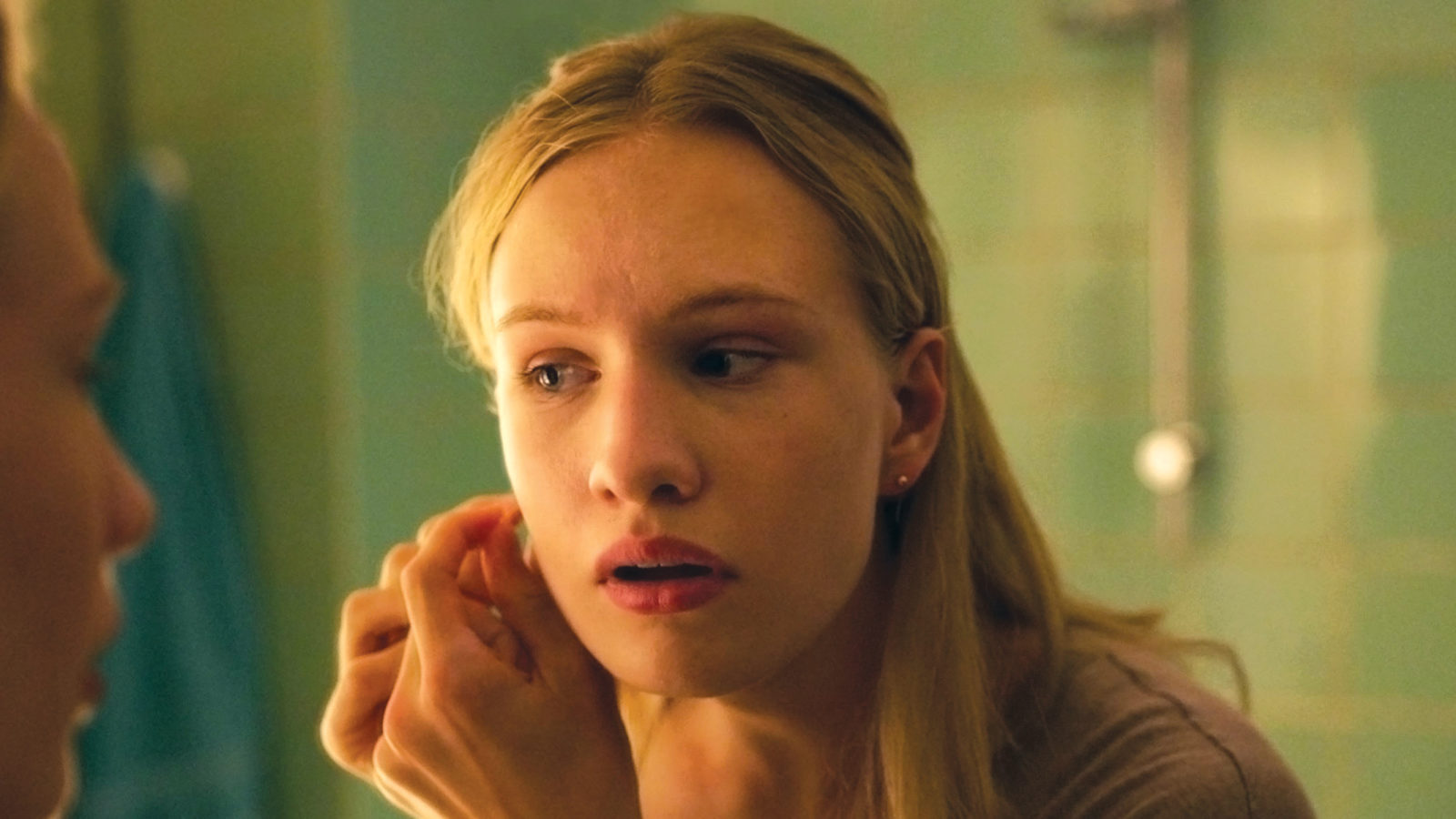By Nick Davis in the January-February 2019 Issue

Short Take: Girl
(Lukas Dhont, Belgium/Netherlands, Netflix, Opening January 18)
At first, Lukas Dhont’s Girl promises a creative intervention within the fast-expanding array of trans-themed cinema. The plot concerns the determination of teenaged Lara (Victor Polster) to keep training as a ballet dancer while entering the most medically intensive stages of her transition. With broad support from teachers, doctors, and her unmarried father (the reliably strong Arieh Worthalter), Lara’s story has a rare shot at centering a trans character’s distinctive ambitions rather than brutal antagonism. With sympathetic nuance, Girl’s early sequences explore how two regimens of corporeal transformation mirror but also disrupt each other, once some familiar dance-academy dangers (overtraining, under-eating, etc.) endanger Lara’s candidacy for a gender-confirmation process that imposes its own heavy demands on her mental and physical health.

From the January-February 2019 Issue
Also in this issue
Unfortunately, despite strenuous pretenses of compassion, Girl’s escalating obsessions reprise long histories of cruel, transphobic storytelling. Dhont’s camera seizes endless chances to ogle Lara’s body in ways she would surely revile. The script’s second half subjects her to all-too-familiar traumas for trans protagonists—a fair indictment of a hostile world but a failure of specific imagination.
Worst of all, Girl increasingly positions Lara as pathologically self-destructive while stressing the moist-eyed, levelheaded sympathy of cisgender relatives and support staffs. She turns against herself with a grotesque violence I could hardly imagine a trans filmmaker conceiving; the score, surging with lachrymose strings, cannot disguise the fundamental ugliness of what Dhont inflicts on his character and his audience.







